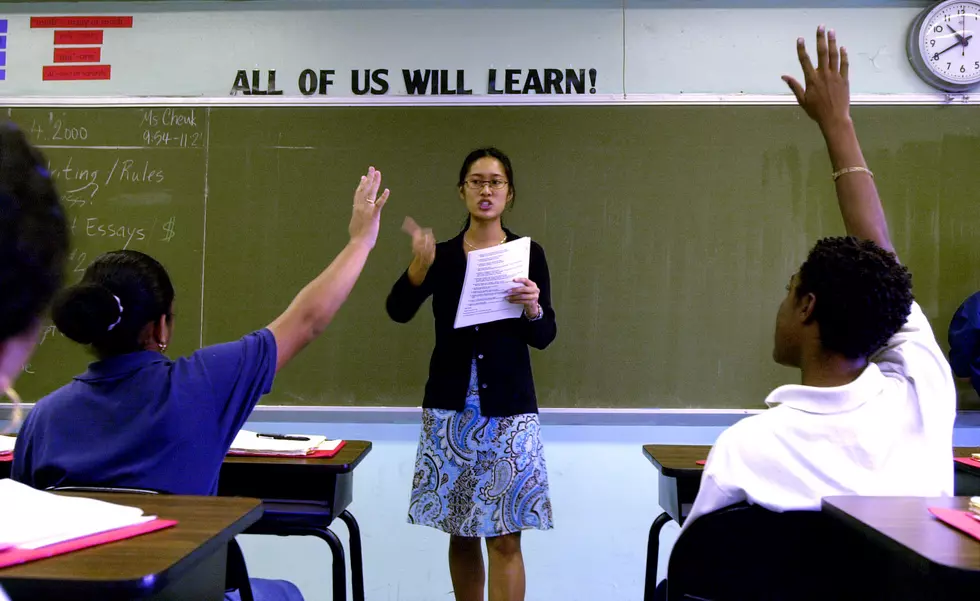
The Reality of Student Achievement
I have heard a mountain of accounts of how elementary school music classes have increased student math ability and how "non-core" classes have had an actual impact on student interest and ability. With the push of STEM (science-technology-engineering-math) programs at the K-12 level, we often talk about how social studies and other course electives can help increase a student's STEM ability. Can we really quantify such impacts? How do we claim a more than just causal relationship between Y course and student achievement?
I will admit, I don't have all the answers. I do know that student achievement should be our primary focus, and that we must ensure that all students are performing at the desired levels in all subjects. I also know that national standards are important to deliver on this promise, providing a singular yardstick by which to effectively measure all students in all states. It is known that such measures in reading/ELA, math, and science are the most important ones to provide us a true benchmark on where our student are... and where they need to go.
It is also a reality that there is more to it than just that. How do we benchmark other subjects, particularly those that are not mandated by state assessments or graduation requirements? How do we make sure that the year-on-year yardstick does not move from 36 inches to 33, giving us a rather false reading in a given year? How, precisely, do we make sure our kids are actually learning and achieving?


